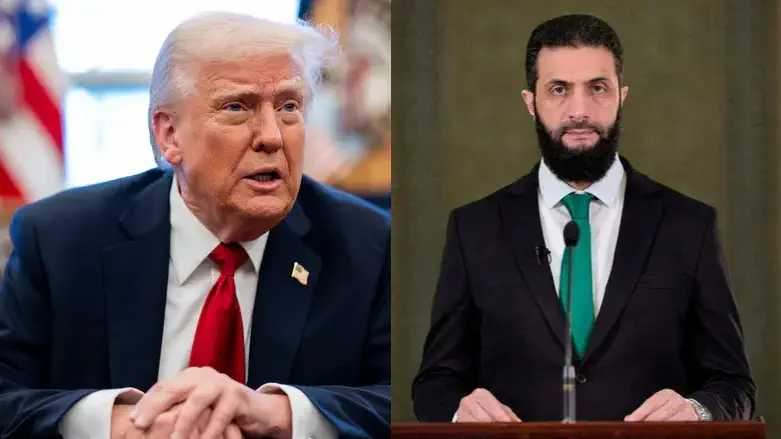
In a significant step signaling improving bilateral relations, Syria's new government has agreed to cooperate with the United States in locating and returning American citizens who went missing in the war-ravaged country, AFP reported on Sunday.
This announcement follows the formal lifting of US sanctions on Syria, ending over a decade of diplomatic freeze.
The pledge was made public by US Special Envoy for Syria, Tom Barrack, who stated on X that the agreement marks a "powerful step forward."
Barrack, who also serves as the US Ambassador to Turkey, emphasized the commitment to families of missing Americans, including Austin Tice, Majd Kamalmaz, and Kayla Mueller. "The families of Austin Tice, Majd Kamalmaz, and Kayla Mueller must have closure," Barrack affirmed.
Tice, a freelance journalist, was detained in August 2012. Recent unconfirmed reports stated that his remains had been found in a cemetery in Aleppo.
Kamalmaz, a Syrian-American psychotherapist, is believed to have died after his detention in 2017. Mueller, an aid worker, was abducted by the Islamic State (ISIS) group, which announced her death in February 2015.
Ambassador Barrack underscored President Donald Trump's dedication to the issue, stating, "President Trump has made it clear that bringing home USA citizens or honoring, with dignity, their remains is a major priority everywhere." He added, "The new Syrian Government will aid us in this commitment."
A Syrian source privy to the discussions revealed that Washington's list includes 11 other Syrian-American names. Separately, a Qatari delegation, at Washington's request, commenced a search mission this month for the remains of American hostages killed by ISIS, with the Syrian Observatory for Human Rights reporting the search ongoing in Aleppo province. Among those beheaded by ISIS in 2014 were US journalists James Foley and Stephen Sotloff.
The lifting of US sanctions, which paves the way for potential reconstruction efforts in Syria, is conditioned on the country not providing safe haven for terrorist organizations and ensuring the security of religious and ethnic minorities, according to the US Treasury Department.
The recent diplomatic strides follow a handshake between President Trump and Syria's interim President Ahmed al-Sharaa during a visit to Saudi Arabia earlier this month.
Sharaa was the leader of the Hayat Tahrir al-Sham (HTS) rebel group. The group was once a part of Al-Nusra Front, which is Syria’s Al-Qaeda branch, and is labeled a terrorist organization by many Western governments.
HTS later broke off from Al-Nusra Front and prioritized combatting Al-Qaeda as well as the Islamic State (ISIS), of which al-Sharaa was critical, describing its self-proclaimed caliphate in parts of Syria and Iraq as "illegitimate".

